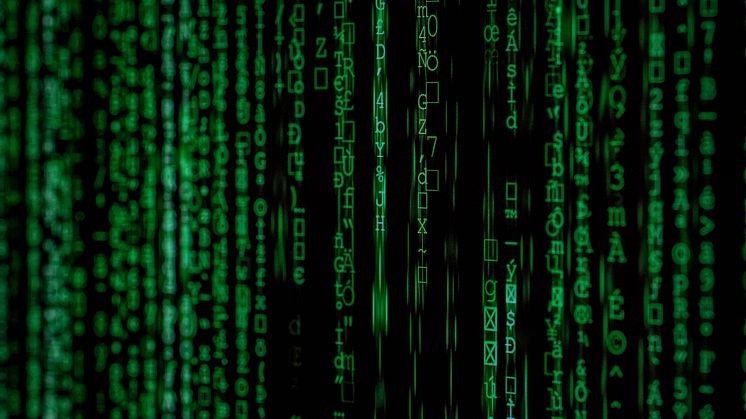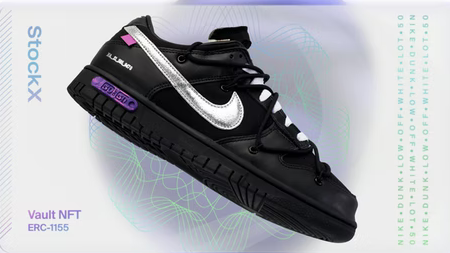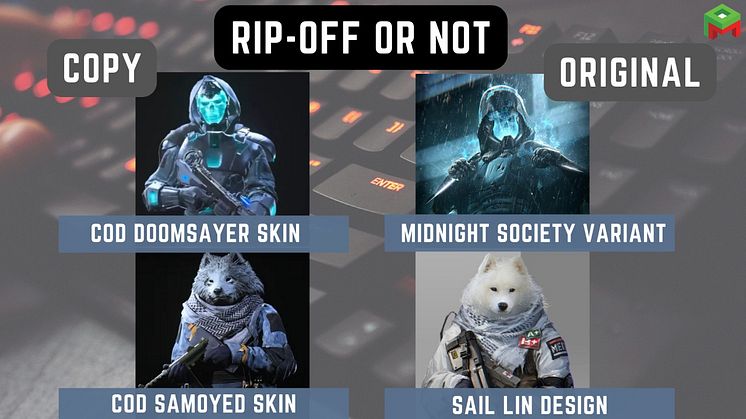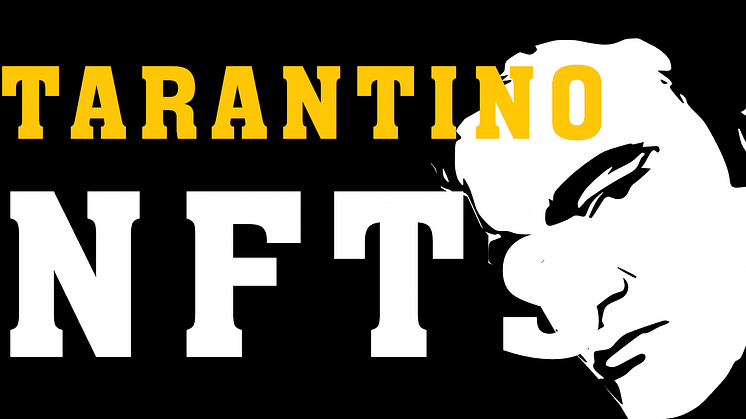
News -
Digital ownership, the birth of a new concept
The following article by Sophie Goossens was first published here by global law firm Reed Smith. It is re-published here with Reed Smith's permission.
Ownership, a legal concept almost as old as humanity, is being tested by the advent of the metaverse - an always-online, persistent, spatial 'second' world. The staggering rise in popularity of non-fungible tokens (NFTs) demonstrates how much appetite there is for a solution capable of replicating the personal ownership once enjoyed in the real world.
Metaverses are code.
The advent of the metaverse, an always-online, persistent, spatial ‘second’ world, represents a fundamental shift in our notion of digital frameworks and presence, but Metaverses - literally beyond the universe – are not entirely new concepts. Videogames like the 17-year-old game Second Life, more recent games like Fortnite, Roblox or The Sandbox - a platform where users can buy virtual land and create, play and monetise their creations on the blockchain – may all be labelled early versions of immersive metaverses.
At its core, a metaverse is code: ones and zeros, overlaid with unfathomably vast amounts of data; a manufactured environment in which all assets are synthetic, created and experienced from within. In such a world, everything comes from code. From the clothes our avatars wear to the car that we drive in, our ‘things’ can only exist in the metaverse after being coded.
From a legal standpoint, our immersion in this entirely digital world is posed to challenge a number of legal concepts that have arisen out of the material world, including the fundamental concept of ‘ownership’. Important questions, such as whether virtual assets qualify for ‘ownership’, or whether new forms of ownership will emerge from the metaverse, are going to demand attention from users of the metaverse, and potentially from law makers, as the world transitions into virtual environments.
Property and proprietary metaverse(s)
Ownership, or ‘property’ is a legal concept which is almost as old as humanity. Prehistorians believe that it is the emergence, during the Neolithic, of sedentary life and agriculture which gave birth to the concept of property, a concept upon which our capitalistic societies continue to be run today.
Property rights of all sorts - in real estate, in shares of a corporation, and in musical compositions, to take three examples - give their beneficiaries a monopoly over a resource. The recognition of this monopoly is generally seen as stemming from the idea that it is giving the owner an incentive to invest in improving the property because it receives benefits from its use or sale. Accordingly, a ‘proprietor’ or an ‘owner’ can exercise exclusive possession or control over an object.
Intellectual property, in particular copyright, has been created to enable a similar reservation of rights for its beneficiaries. The companies building the Metaverse are no stranger to it; as many other entertainment businesses, the architects of the Metaverse, use ‘IP’ to protect and monetise their investment. In fact, there is a clear incentive for these businesses to build proprietary virtual worlds, where all that is created qualifies for IP protection; software, graphic elements, characters and features.
This new world, in which “IP is everywhere”, will present challenges and interesting legal issues for the users of the metaverse, whose expectations – forged in a world of brick and mortars – may not always transpose in the metaverse. After all, if I can own a car in real life, what stops me from owning the same in the metaverse?
Ownership vs. licensing: a well-documented tension
Since the internet was invented, a number of landmark cases have illustrated the way in which users of certain digital ‘goods’ wish to find them replicating exactly the same tangible good, as they know it from the real world.
In Usedsoft1, a case heard by the Court of Justice of the European Union (‘CJEU’) in 2011, a debate regarding the legal capacity for software purchasers to resell their ‘used’ software licences on a second-hand market captured the attention of the entire digital world; could software licences be re-sold? Or rather ‘novated’? In 2018 in Capitol Records vs Redigi2, the United States Court of Appeal for the Second Circuit was asked the very same questions in relation to users who wanted to sell their legally acquired digital music files, and buy ‘used’ digital music from others at a fraction of the price currently available on iTunes. More recently, a Dutch company by the name of Tom Kabinet3, also took its case all the way up to the CJEU, to try and obtain a recognition that e-books could be legally resold, second-hand.
The outcome of these cases is well-known: software, digital films, digital music and digital books cannot be resold on a second hand market, for they are not ‘owned’ by their purchasers in the first place, but licensed.
With tangible items, there are two separate forms of property that can be exercised: there is the property of the tangible item itself, in the form of the paper, the disc, the plastic box, etc., whilst separately, there is also the intellectual property (i.e. copyright) in the book, music, software or film. By contrast to tangible property, intellectual property can only be appropriated by the persons designated by the law as benefitting from copyright (generally their authors). When a work loses its material element, such as when a book or a compact disc becomes nothing more than a file, there is no equivalent digital ‘property’ in the file that can be acquired separately from the intellectual property. A digital file ultimately only comprises data in the form of zeros and ones, and data - or information - cannot be ‘appropriated’ in the same way a physical object can be. Information and data, just like ideas, are free-flowing.
The three cases mentioned above illustrate the continuous tension existing between the expectations of users of digital items and the companies that are licensing them. In Usedsoft, the only decision where the CJEU did not entirely rule out the possibility of transferring second-hand software licences, the dominant narrative was that it would be ‘unfair’ not to allow the existence of a second-hand market, and an undue restriction of consumers’ rights, which probably explains why the Court went to such length to try and find an acceptable middle ground.
Today, the narrative that consumers may be unduly restrained keeps resurfacing and, whilst owners of IP rights have so far managed to successfully contain the idea that digital goods should be tradable, it will become increasingly difficult to convince the users of the metaverse that their assets merely exist by way of a limited metaverse end-user licence agreement. As in the real world, users are far more likely to claims the right to ‘own’ the virtual handbag, the land or the car they just ‘bought’ in the metaverse.
Why not simply make it clear that metaverse items are in fact licensed? The solution is tempting but seems unrealistic. For users of digital items, limited licences are often seen as an imperfect substitute for ‘ownership’. This is further illustrated by several socio economics theories having demonstrated our human attachment to ownership as a concept, including that of the ‘endowment effect’. According to this theory, individuals place a higher value on an object that they already own than the value they would place on that same object if they did not own it (for example if they merely received some limited controls over it). This theory, which seems widely accepted, could explain why digital items are so rarely advertised as being licensed, and so often presented as being ‘sold’ to customers. In brief: ownership sells, licensing does not, yet there is nothing to be ‘sold’ in a virtual world, and that is the gigantic paradox that the metaverse users and builders will need to confront.
Enters the NFT
The staggering rise in popularity of non-fungible tokens (NFTs) demonstrates, if anything, how much appetite there is for a solution capable of replicating the personal ownership once enjoyed in the real world.
From a legal standpoint, the concept of NFTs is ingenious and yet very simple: if one cannot own a digital item made of free-flowing information, then let’s find something else that may be ‘owned’, separately from the intellectual property. For example, an unfalsifiable certificate of authenticity, associated with that digital item. Authenticity certificates, issued by the item’s creator in very small numbers, are indeed a very clever way of recreating scarcity, a sense of ownership and therefore of value without the need to assign or transfer IP rights to the acquirer of the token. What is being traded here is a unique connection with the digital work, and most importantly the much sought-after feeling of ‘ownership’, be it only of a token encapsulating a certificate.
This is where the NFT magic operates, where the millennium concept of property is once more reinvented, displaced, from a tangible medium (disc, book, tape, etc.) to an intangible certificate. To think that notarial certificates of authenticity were already proposed by Usedsoft as a solution to enable the reselling of software licences back in 2007 is both remarkable and logical, and a promise of what was to come.
Today, the proponents of the second-hand market for digital goods are not alone in rejoicing: it is a whole industry which is suddenly reinvigorated by the concept. Christie’s and Sotheby’s, two pillars of auctioneering, are enthusiastically selling NFTs of works which never before entered the sanctuary of these respectable houses for they could not be ‘felt’ or made unique. From Beeple’s the First 5000 days to drawings Andy Warhol made digitally, creations once banned from the auction market are being tokenized and making a remarkable entrance on the art market.
Digital ownership reinvented?
If NFTs appear to be solving a lot of the problems which arose when trying to grant impossible ownership rights over digital items, including by embodying a clever resale right mechanism allowing the initial offeror of the NFT to participate in the profit generated by each re-sale, a bigger question is whether our ‘ownership’ expectations will be fulfilled with it. An NFT does not confer a monopoly over a work, nor does it permit its holder to decide how the work will be used, distributed or shown. By displacing the once enjoyed monopoly of an art collector, from the object itself to that exercised over a certificate, it is our entire understanding of the concept of ownership which may be changing. What this shift is saying about our human values is both fascinating and ominous. Welcome to the meta-propriety.
- C-128/11
- Capitol Records, LLC v. ReDigi Inc. - 934 F. Supp. 2d 640 (S.D.N.Y. 2013)
- In Case C‑263/18,
In-depth 2021-290
PitchMark helps innovators deter idea theft, so that clients get the idea but don’t take it. Visit PitchMark.net and register for free as a PitchMark member today.






